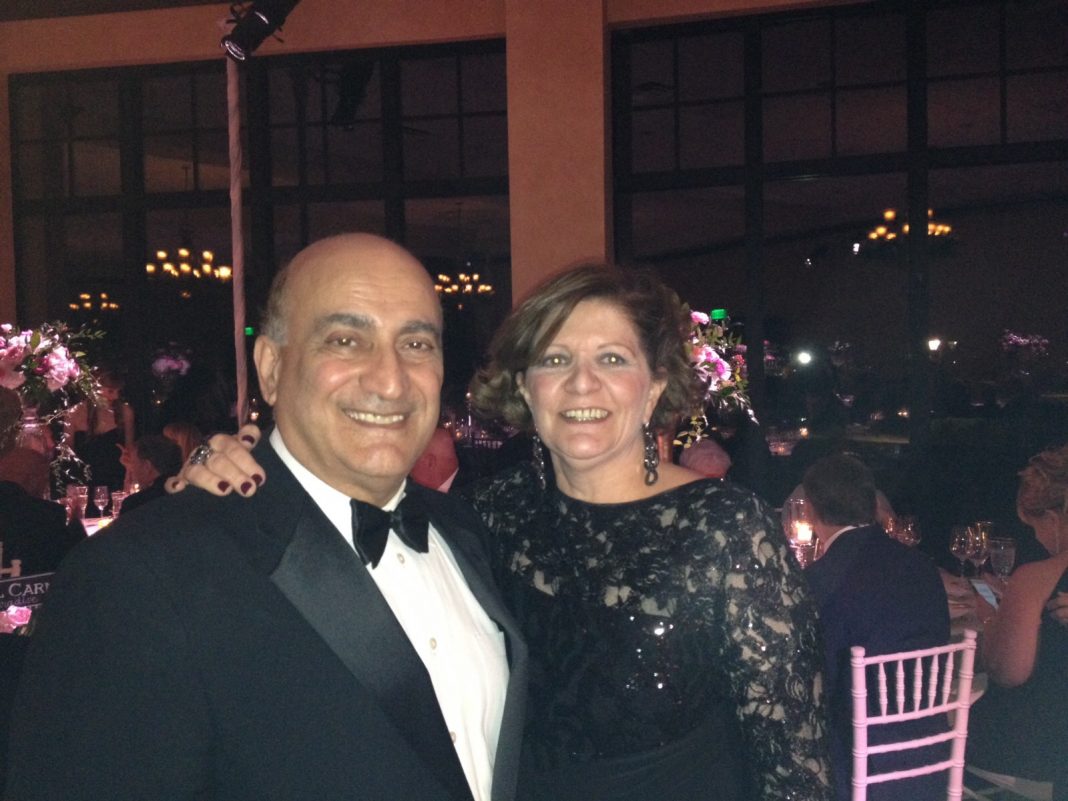Crucifying Dr. Walid Phares and the Facts
Elias Bejjani/November 03/2011
As a proud Lebanese Christian activist, I find it deeply troubling to witness the unjust portrayal of our “Lebanese Christian Resistance Forces” (1975-1990) in the ongoing debate in U.S. media surrounding Dr. Walid Phares, a prominent American-Lebanese Christian intellectual who immigrated to the USA in 1990. Dr. Phares is being unfairly attacked and labeled as a former member of our resistance following his appointment as the Middle East Adviser for Mitt Romney.
While it is every individual’s right to debate and take sides on Dr. Phares’s appointment, it is neither ethical, fair, legal, nor humane to misrepresent the Lebanese Christian Resistance Forces as a terrorist group, thereby defaming its supporters, members, and leadership. The issue isn’t whether Dr. Phares was a member of our resistance because, fundamentally, our resistance did not operate on a membership basis. The real issue is the false and vicious portrayal of the Lebanese Christian Resistance in U.S. media as a group of brutal murderers responsible for massacres. These accusations are blatant lies, representing a gross injustice against our people.
The Lebanese crisis, which began in the early 1970s, is a complex issue, even for Lebanese intellectuals, due to its deep ties to the Israeli-Arab conflict and the regional, sectarian, cultural, educational, and religious enmities that have plagued the region for decades. The crisis has been exacerbated by the expansionist ambitions of various Middle Eastern dictators and fanatics, including the Syrian Baathist regime, the Iranian mullahs, Hezbollah, Palestinian militias, and others.
In this piece, I will critique both the opponents and supporters of Dr. Phares’s appointment for their superficial and naive portrayal of our resistance. The opponents have attempted to criminalize Phares for his alleged involvement in our resistance, while the supporters have foolishly tried to justify it rather than explain the true nature of our struggle.
Here are some key facts that I hope will clarify misconceptions and correct the falsehoods being spread about our resistance:
Our resistance was not an organization, a party, a militia, or an army. It was our entire community—men, women, children, and clergy—who stood together. The Lebanese Christians were compelled to defend their lives, faith, freedom, and existence after the PLO, Syria, other Arab regimes, and various Islamic and Arabic extremist organizations invaded Lebanon and waged a war against Christians to establish a Palestinian state and use it as a base to attack Israel and the West.
The Lebanese army and state institutions were either compromised by the invaders or powerless. Our people faced a stark choice: surrender and be slaughtered like sheep or stand tall and defend themselves like the Holy Cedars of Lebanon. They chose to defend themselves, and through their faith, love for their country, dignity, sacrifices, and heroism, they managed to survive and remain in their homeland. Our resistance was always defensive, never offensive.
Our people had to fund their own defense. They bought their own weapons and ammunition because no country in the world came to their aid. Up until 1990, there was no formal membership in this resistance because every resident of the Christian villages and cities, including clergymen and nuns, was part of the resistance in some capacity.
Our resistance was hindered by a lack of resources and global support. The Arab regimes, with their petrodollars, exerted immense influence on world media, governments, and think tanks, especially in the USA, Canada, and Europe. They distorted facts and attributed crimes like the Sabra and Chatila massacre to our resistance while covering up the countless brutal massacres committed against our people.
The Sabra and Chatila massacre was not committed by our resistance or the Israeli army. It was orchestrated by Elie Hobeika, a Lebanese forces leader who later emerged as a Syrian agent, implicating the Syrian regime in this heinous crime. The Syrian regime’s ongoing atrocities against its own people further underscore its responsibility for this massacre.
Lebanese Christians are peaceful, faithful people who honor human rights and coexistence. They have a rich history of over 7,000 years and a significant diaspora, including more than two million Lebanese Christians in the USA. Dr. Walid Phares is one of those who carry the Lebanese message of peace wherever they go. He is an asset to the position he has been appointed to, not a liability.
In conclusion, if we were to disqualify our troops in Afghanistan from holding any position upon their return home, we could then justify crucifying Dr. Phares for being a Lebanese Christian who, along with his people, was forced to defend himself against those who are now recognized worldwide as terrorists—many of whom our troops are fighting across the globe.
I hope this message clarifies the reality of the Lebanese Christian Resistance Forces, a noble and genuine movement comparable to the French Resistance and, in many ways, even more so.
















